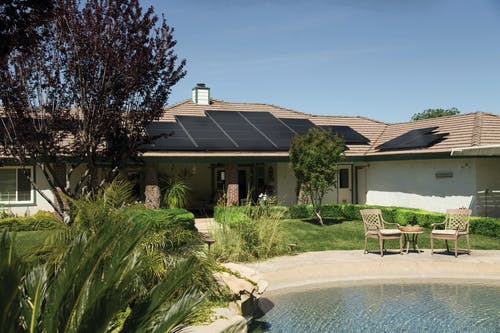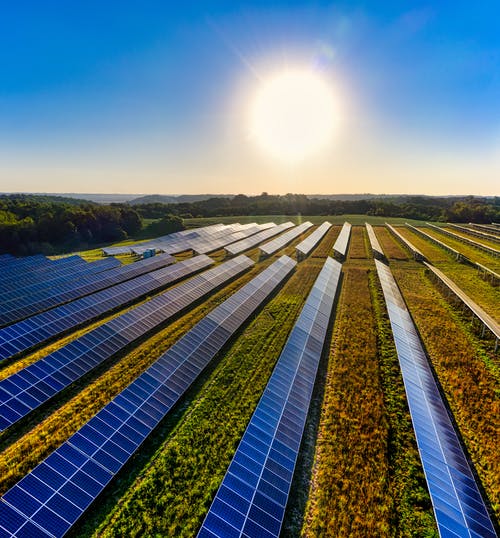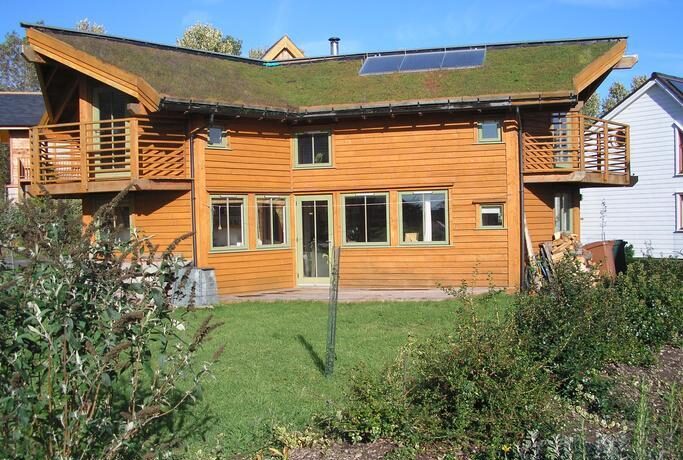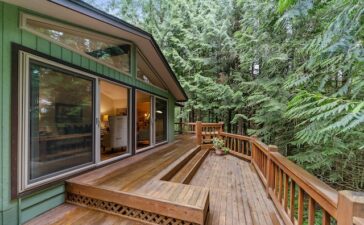Solar panels are devices that convert sunlight into electricity using photovoltaic cells made of semiconductor materials like silicon. They are a clean, renewable energy source that can help reduce dependence on fossil fuels and lower energy costs. Solar panels are often used to power homes and businesses and are also a popular choice for off-grid living and in areas with limited access to electricity. The efficiency of solar panels can vary, depending on factors such as the type of solar cell used, the size of the panel, and the quality of the materials.
Solar panel efficiency is a measure used by pool heat pumps gold coast of how well a solar panel can convert sunlight into electricity. It is an important factor to consider when choosing solar panels, as it can have a big impact on the overall performance and cost-effectiveness of a solar energy system. Here are some key factors that affect solar panel efficiency:
Solar cell type: Different types of solar cells can have different levels of efficiency. The most common type of solar cell is the monocrystalline cell, which is made of single-crystal silicon and has an efficiency rate of around 15-20%. Other types of solar cells include polycrystalline cells (efficiency rate of around 13-16%) and thin-film cells (efficiency rate of around 10-14%).

Solar panel size: The size of a solar panel can also affect its efficiency. In general, larger panels will be more efficient, as they have more surface area to capture sunlight. However, the efficiency of a solar panel can also be affected by the amount of space available for installation, as well as the orientation and angle of the panel relative to the sun.
Solar panel quality: The quality of a solar panel can also have an impact on its efficiency. High-quality panels are generally more efficient and durable and may have better performance over time. Look for panels from reputable manufacturers with good warranties to ensure that you are getting a good quality product.
Solar panel temperature: The temperature of a solar panel can also affect its efficiency. As the temperature of a solar panel increases, its efficiency decreases. This is because the heat can cause the electrons in the solar cells to become more energetic, making it harder for them to be captured and converted into electricity.
Solar panel angle and orientation: The angle and orientation of a solar panel can also affect its efficiency. In general, solar panels should be oriented towards the south in the northern hemisphere and towards the north in the southern hemisphere to maximize their exposure to sunlight. The angle of the solar panel should also be adjusted to match the latitude of the location to maximize the amount of sunlight it receives.

Solar panel shading: Shading can have a significant impact on the efficiency of a solar panel. Even a small amount of shading can significantly reduce the amount of electricity a solar panel can produce. It is important to carefully consider the shading patterns of a site before installing solar panels to ensure that they will receive as much sunlight as possible.
By considering these factors, you can choose solar panels that are efficient and well-suited to your specific needs and location. Efficient solar panels can help maximize the performance and cost-effectiveness of your solar energy system, making it a more attractive and worthwhile investment.





